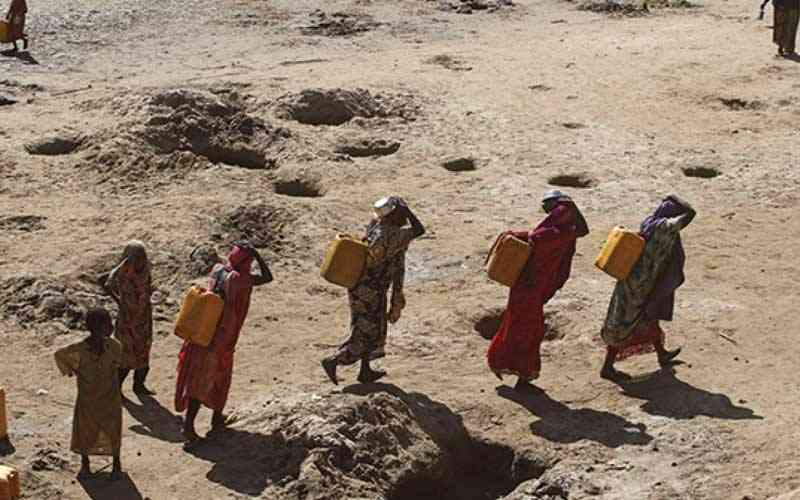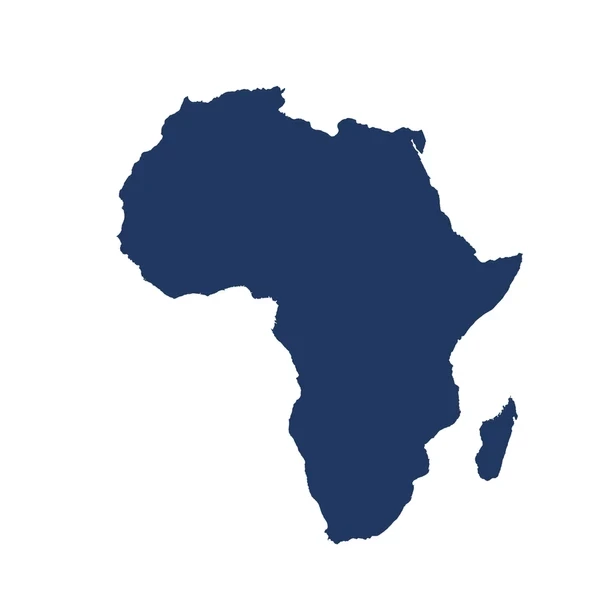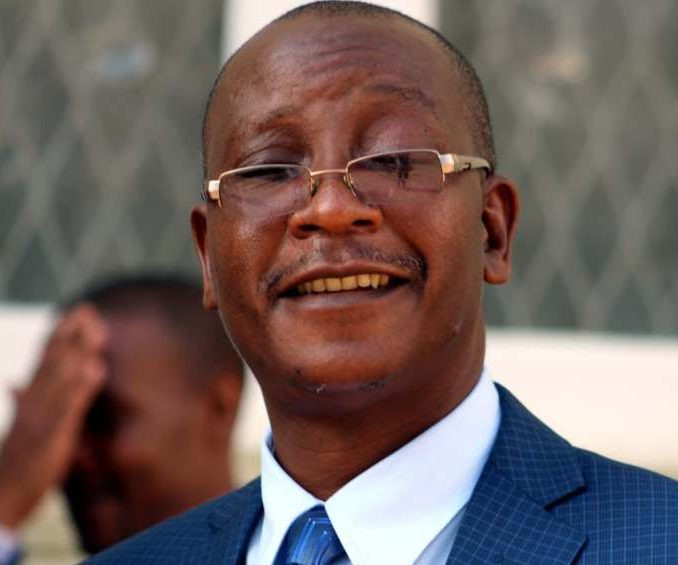
Less than two weeks from now, financiers, activists, politicians, and policy makers will converge in Dubai, United Arab Emirates, for the 2023 United Nations Climate Change Conference, popularly known as COP28.
From November 30 to December 12, the spotlight will be on Dubai as world leaders convene to assess the world’s collective progress towards achieving climate goals.
A letter to COP28 parties said the conference will focus how to find ways to fast-track the energy transition and slashing emissions before 2030; transforming climate financing ecosystem by delivering on old promises and setting the framework for a new deal on finance and putting nature, people, lives, and livelihoods at the heart of climate action.
In putting people, lives, and livelihoods at the centre of climate action, it is important to reflect on the unique role played by women in pursuing climate goals.
Although climate change affects all people, women often bear the brunt in places where the impacts of climate change are already being experienced.
This is due to their multiple roles in their families and communities.
For example, in developing countries, it is small-scale farmers who are mostly women who produce the bulk of the food.
This is especially true because men often migrate to urban areas in search of employment.
- Young entrepreneur dreams big
- Chibuku NeShamwari holds onto ethos of culture
- Health talk: Be wary of measles, its a deadly disease
- Macheso, Dhewa inspired me: Chinembiri
Keep Reading
However, climate change makes farming more difficult for these women.
When crops fail due to extreme weather events such as floods, cyclones and drought, less food is produced, and women are then thrown under the bus to provide for their families.
For cooking, more than half of the women around the world still use paraffin, firewood, coal, cow dung and other carbon-emitting fossils.
This results in air pollution in their poorly ventilated houses. An estimated seven million people die every year from indoor and outdoor air pollution.
That is more than those who died from Covid-19 over the last two years.
Often invisible, air pollution receives little attention compared with other public health emergencies, but the threats to health are every bit as real.
As we prepare for COP28, let us think on measures that can reduce the consumption of energy sources that have become incompatible with a sustainable future and instead invest in products that support low-carbon living.
When the climate changes, women work harder and longer.
As food, fuel and water become scarce, women have to walk long distances to have access to these basics.
These long distances and shortages often put women at a risk of domestic violence.
When extreme weather conditions do hit — something we are experiencing frequently — women suffer the most. This is often linked to their lack of capacity.
The role of women in combating climate change is multifaceted, encompassing areas such as sustainable agriculture, renewable energy, conservation, advocacy, and policy-making.
In many parts of the world, women are disproportionately affected by the impacts of climate change.
They often bear the brunt of environmental disasters and resource scarcity, particularly in rural and marginalised communities.
Despite these challenges, women have demonstrated remarkable resilience and resourcefulness in adapting to changing environmental conditions.
One significant way in which women contribute to climate action is through sustainable agriculture.
Women play a crucial role in food production and are often the primary caretakers of land and households. As such, they are at the forefront of implementing sustainable farming practices that promote biodiversity, soil health, and water conservation.
Additionally, women are increasingly involved in agroecology and permaculture initiatives that prioritise ecological balance and resilience in the face of climate variability.
Furthermore, women are at the forefront in driving innovation in renewable energy technologies and advocating for clean energy solutions.
In many developing countries, women-led initiatives are promoting the adoption of solar power, biogas systems, and other renewable energy sources to reduce reliance on fossil fuels and mitigate greenhouse gas emissions. These efforts not only contribute to climate mitigation, but also empower women economically and socially.
Conservation and environmental stewardship are also areas where women are making significant contributions to climate action.
Women-led conservation projects focus on preserving biodiversity, restoring ecosystems, and promoting sustainable resource management.
Their involvement in community-based conservation efforts is crucial in safeguarding natural habitats and mitigating the impacts of climate change on vulnerable species.
In addition to these efforts, women are influential advocates for climate justice and policy change.
Women’s organisations such as UN Women and grassroots movements across the world are amplifying the voices of those most affected by environmental degradation and demanding equitable solutions to climate-related challenges.
Women are at the forefront in driving policy change on issues such as adaptation, funding, gender-responsive climate action, and inclusive decision-making processes within frameworks such as the Paris Agreement.
That said, empowering women to participate fully in climate action is not only a matter of social justice, but also a strategic imperative for addressing global environmental concerns.
Research has shown that when women are involved in decision-making processes related to natural resource management and climate adaptation, outcomes are more effective and sustainable.
By recognising and supporting the pivotal role of women in combating climate change, countries should harness their knowledge, skills, and leadership to build a more resilient and environmentally sustainable future for all.
More often, it is easy to label these women as victims, but what makes them vulnerable also makes them pivotal to climate change action.
Whether in developing countries or in developed countries, women stand at the front lines in the battle against climate change: as providers of water, food, and energy or as leaders in businesses, communities, and politics. In fact, they are our first line of defence in the fight against climate change.
In conclusion, women are indeed a potent force in the fight against climate change.
Their diverse contributions across various domains – from agriculture to renewable energy to advocacy – underscore the critical importance of gender-inclusive approaches to environmental sustainability.
By leveraging the expertise and agency of women worldwide, countries can enhance their capacity to address the complex challenges posed by a changing climate while fostering greater equity and resilience for present and future generations.
- Cliff Chiduku is a communications, public policy and governance expert with interests in climate change, agriculture and environmental issues. He writes in his personal capacity. Feedback: [email protected] or Call/App +263775716517.










